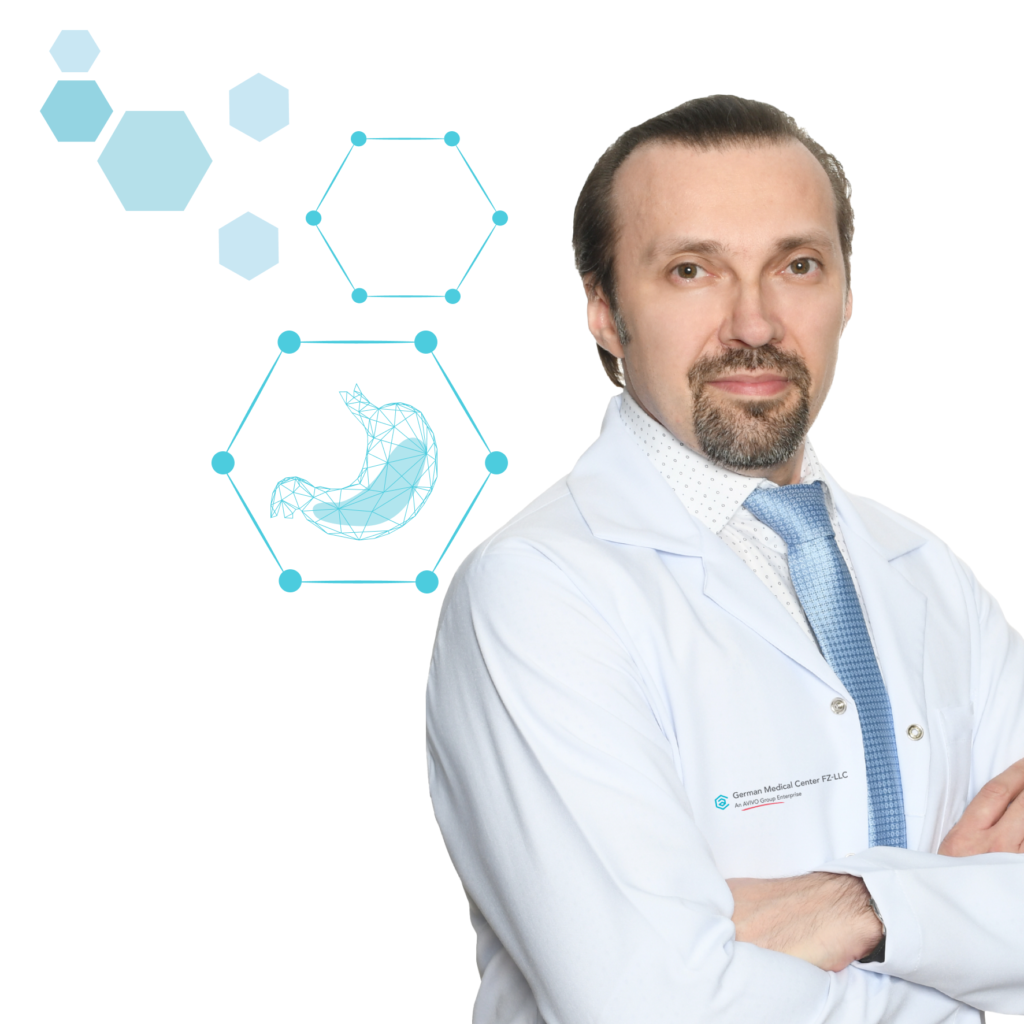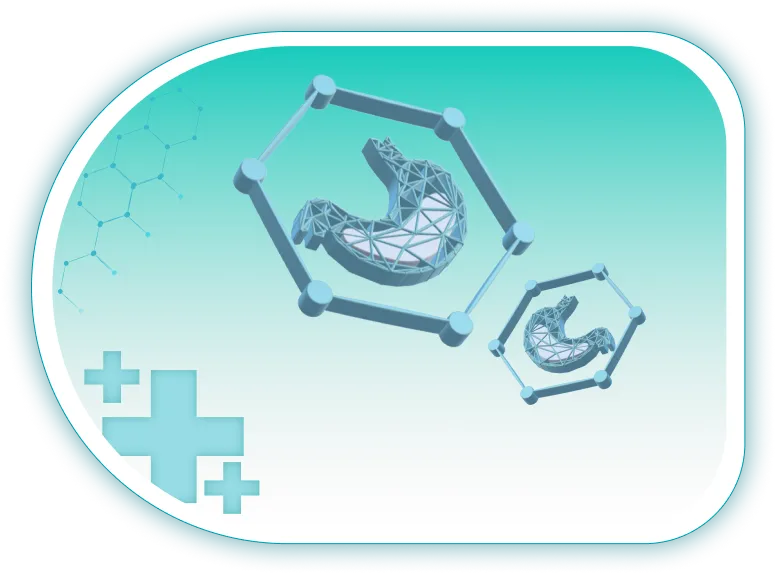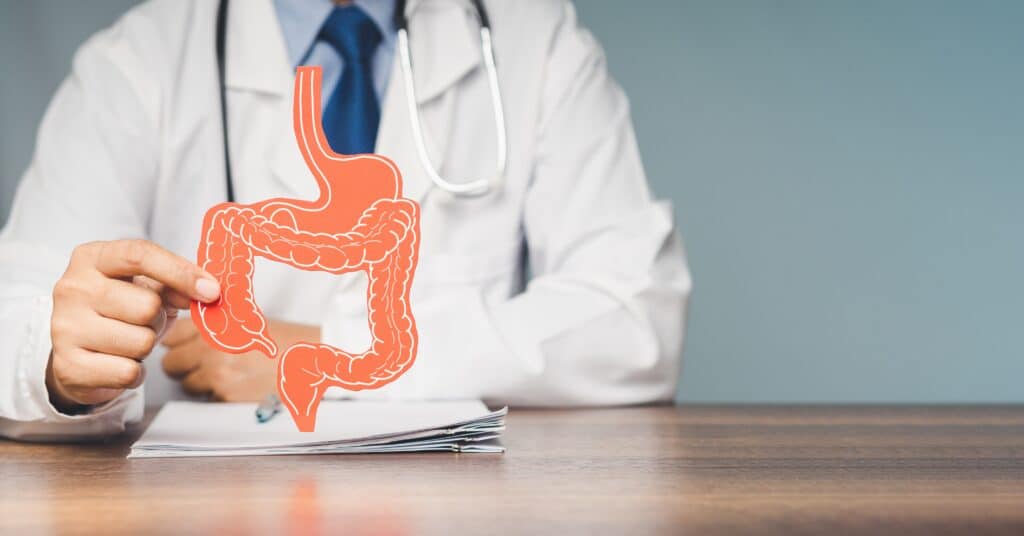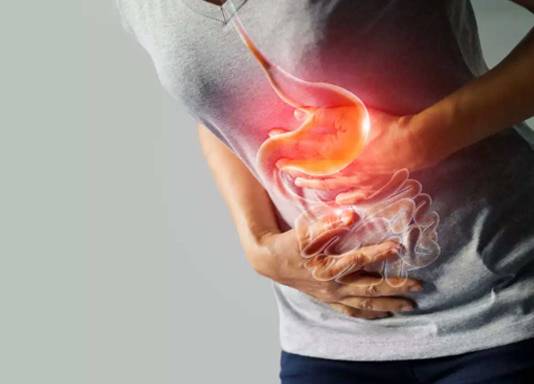
Dr. Sebastian Cuzincu
Gastroenterology and Internal Medicine
Cirrhosis is a chronic liver disease that occurs when healthy liver tissue is replaced by scar tissue, leading to decreased liver

Cirrhosis is a chronic liver disease that occurs when healthy liver tissue is replaced by scar tissue, leading to decreased liver function. The scarring can occur as a result of long-term liver damage from various causes such as viral hepatitis, alcohol abuse, autoimmune disease, fatty liver disease, or other factors that can damage the liver over time. As the liver becomes increasingly scarred, it loses its ability to function properly and can lead to a variety of serious health problems and complications, including liver failure, liver cancer, and even death. Symptoms of cirrhosis may include fatigue, nausea, loss of appetite, weight loss, and jaundice. It’s important to seek medical attention if you suspect you may have cirrhosis, as early diagnosis and treatment can help prevent further damage to the liver.
If you suspect you or a loved one may have cirrhosis, it’s important to seek medical attention right away. At German Medical Center, our team of experienced liver specialists can provide comprehensive diagnostic testing and best treatment for liver cirrhosis options tailored to your individual needs.
Call us today to schedule an appointment and take the first step towards better liver health.
Our team of experts are passionate about providing only the best quality care and treatment to their patients.

Gastroenterology and Internal Medicine
A cutting-edge medical technique that plays a crucial role in diagnosing and treating disorders of the bile ducts, pancreas, and gallbladder....
Liver Elastography – an advanced medical imaging technique designed to assess the health of your liver with precision and non-invasiveness....
Abdominal pain can be a symptom of a wide range of medical conditions and can manifest in different ways depending on the...
Colorectal cancer (CRC) is a type of cancer that affects the colon or rectum. It can develop from small growths called polyps in...
Stomach cancer, also known as gastric cancer, can cause a range of symptoms. However, it's important to note that not everyone...
Liver cancer is a serious and potentially life-threatening condition that requires prompt diagnosis and treatment....
Colon polyps are usually detected during a routine colonoscopy. During the procedure, a long, flexible tube with a camera on the...
Pancreatic cancer often does not cause symptoms in its early stages....






Our customers are at the heart of everything we do, and we are committed to providing them with one of the best possible care and service and that's why platforms like UpTopics publish us in top.

Based on 206 Google Reviews

Partner with:
Partner with:


German Medical Center is one of the leading medical institution in Dubai formed by a group of specialists who are passionate about providing the personalized care tailored to the patient's unique needs.
Fill out our easy online form to book an appointment with German Medical Center. Our team of experts is dedicated to providing you with personalized care and guidance every step of the way. Don't wait, take charge of your well-being and schedule your appointment now!